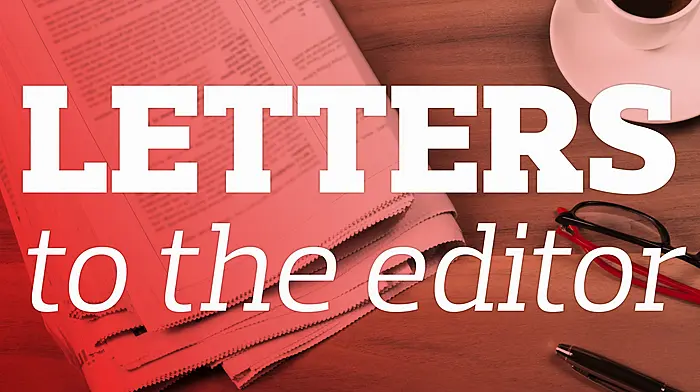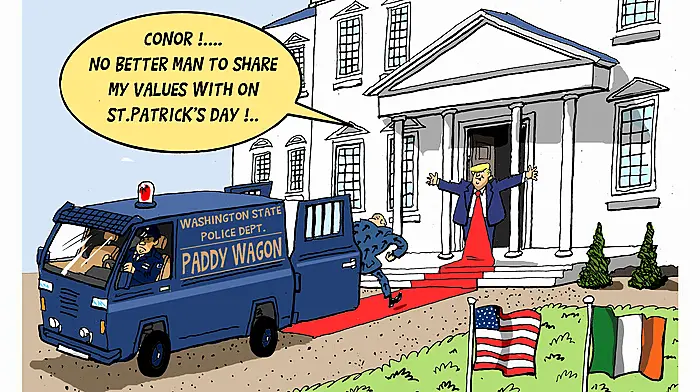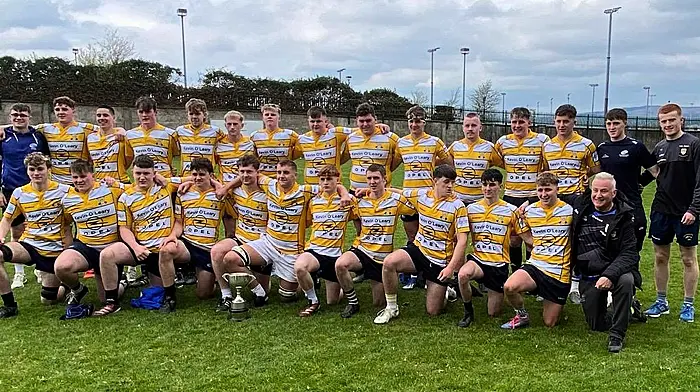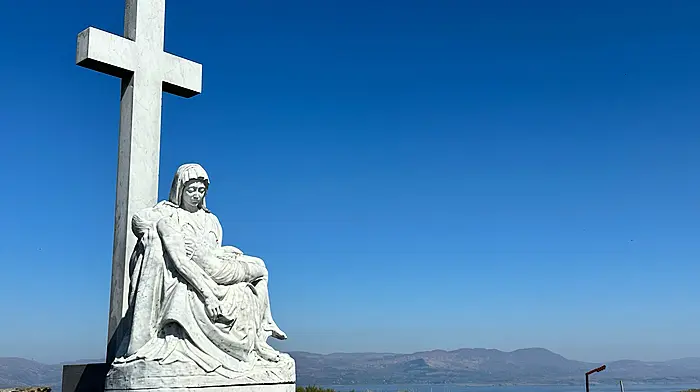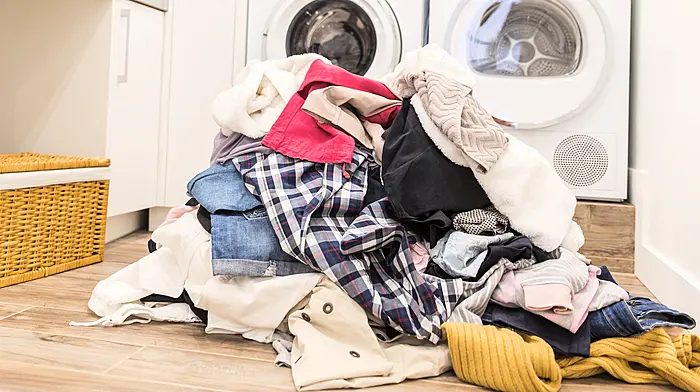So much has been spoken of, written about, lauded, decried, lamented, and judged this week on the subject of adolescents and the evils of their phones, borne by the four-part TV series, Adolescence. However, there is one person no one has heard from in public, and that is the children themselves.
The voice, opinions, and viewpoints of teenagers and young people has been absent on the airwaves and in national media. This is painfully ironic, as the show itself demonstrated how adults cannot read the texts of the teenager; they don’t understand the vocabulary. Adults do not understand the language or the culture that is being shared online, and can’t, ever. It is ever-changing and immersive. When one hears the Minister for Education talk about ‘engaging with young people’ it just makes your heart sink. It’s corporate speak for a shrug and a, ’well, we tried!’.
In a very public and very pithy announcement, the Tánaiste decreed that the show should be ‘compulsory viewing’ in secondary schools. Why? It is an adult show, with adult themes. It is not a show about the ‘bad boy who did a bad thing’; it is a show about adults who ‘tried’, and the children who are victims of a lazy rhetoric. It’s a show about adults who were once children too and had their childhood stolen by cruel parents. It’s a show about what happens when you tell yourself you ‘tried’.
This idea that a phone should be banned from a child until they are 16 is frankly stupid and comparable to the conversation that has been had for decades on how to introduce a child to alcohol. You teach them how to drink. You let them sip it, you explain what a hangover is, why beer is not the same as wine, which is not the same as vodka. You teach them what to do when their friend is vomiting, never leave someone on their own, call for help if you need it, don’t worry, just call.
We can learn from this, by teaching children and teenagers and young adults how to read online media. A whole curriculum needs to be developed across homes and schools, and many of the lessons to be learned need to be learned by adults too, and they are these: what am I reading, who wrote it, and what do they have to gain by telling me this? Am I being sold to? Are they doing it for my good, or for their benefit? Who is this person?
Teenagers need to be taught that an opinion, is not the same as a fact. They need to be shown that a loud person or a good-looking person is not the same as one who is ‘right’, or what the word ‘right’ even means. They need to be shown that it is a very important thing to be able to say, ‘I don’t know how I feel about that. I’d like to know more’.
They need to be shown, by the adults around them, that it is possible to have your opinions questioned and doubted, and it is possible to change your mind. In fact, it’s a wonderful thing, to learn more and have the flexibility of mind and the strength of character to say, with confidence, I was wrong.
They need to hear reasoned and critical debates between people that can bandy about an idea and have some fun with it. They need to be given the space to decide if what they think is their own opinion, or just a distillation of the last thing they read online. They need to learn that they are wrong, and that happens sometimes, and it’s not the end of the world.
They need to be led by the hand to the special value of gaining knowledge and experience through critical thinking and conversation. What is the difference between Andrew Tate speaking at a young boy, telling him what to think, and the Tánaiste forcing him to watch a TV show? When does he get to think for himself?


